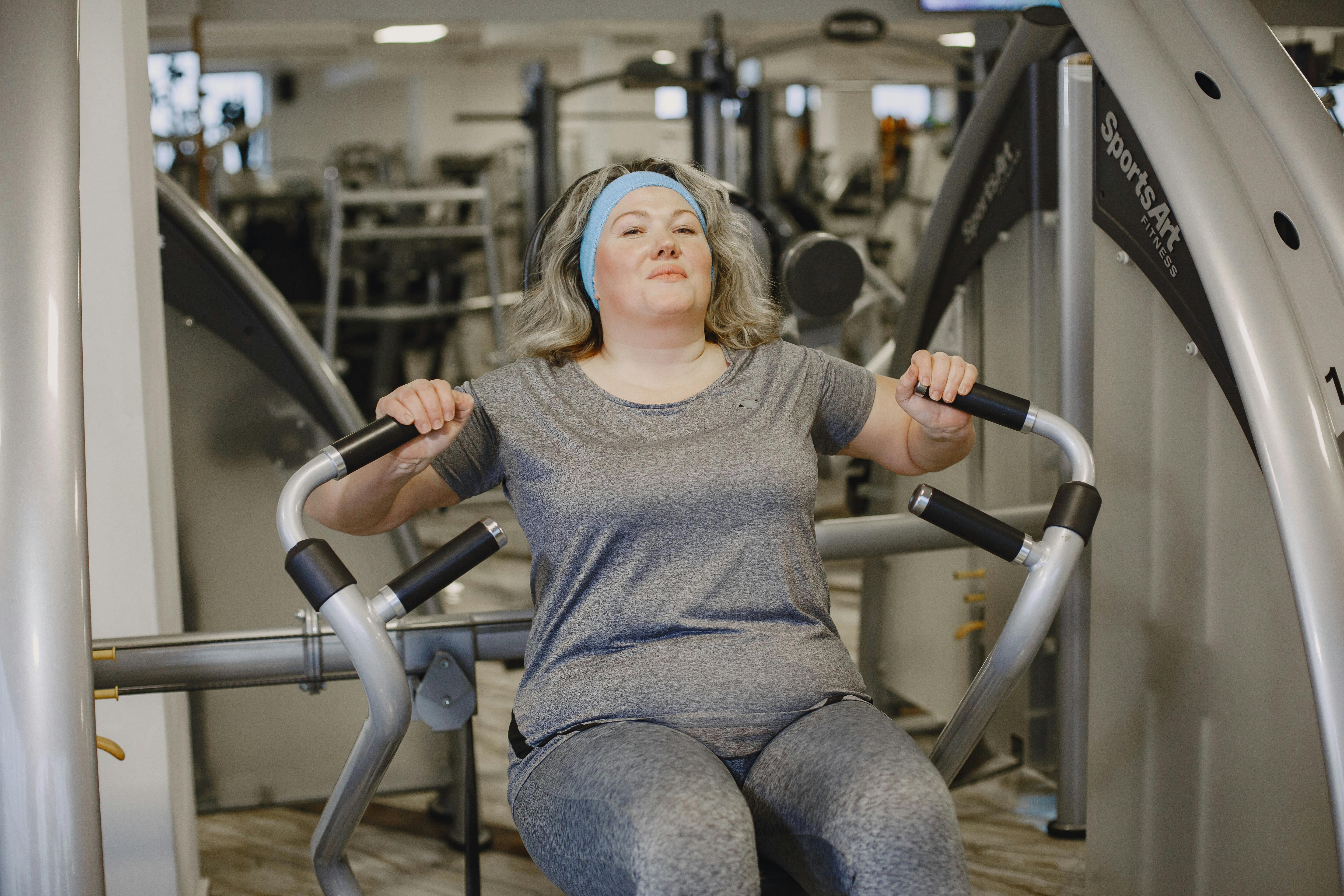The notion that every human being is of equal value seems to express this point more precisely than the frequently used phrases “equal rights” or “equal opportunities.”
The equality I am referring to here is not just equality in relation to the law of the land, but equality of rights and responsibilities in human terms. Everyone has the right to expect the same fair and equitable treatment, respect, consideration, dignity, education and access to information; work and share in all aspects of human life. All human beings have the right to aspire to freedom, love, happiness and peace; obey your own consciences and lead your own spiritual life; to follow your own personal goals and aspirations. Every human being is entitled to all of these things, because they are a prerequisite for social equality and an expression of the concept that all people are equally valuable and precious, simply because they are human.
Of course, individual rights may vary depending on a person’s role within a group. For example, in a group such as a neighborhood association or a music society, each member of the committee has specific rights regarding the achievement of the group’s objectives, defined by their role. For example, the president has the right to decide who speaks next, and the treasurer will speak first when it comes to decisions on financial matters.
These individual rights that relate to the different functions of group or family members, however, are not as important as basic human rights, and it is vital that they are not assigned different values, as in the past, particularly When it comes to gender, race or class they are involved. Marriage is a society in which two people of the opposite sex but of equal value as human beings choose to live together as equals. This statement may seem self-evident. However, it is not the traditional view of marriage. How many adults can remember their own parents’ marriage as an equal couple? There are few examples of this true equality in the marriages of previous generations.
Because we may not have a personal experience of marriage equality, it is up to most couples to work things out their own way. Is it surprising, then, that so many couples fail and give up the fight? The relative novelty of the concept of the equal couple and the difficulties couples experience in trying to achieve it are the main causes of the increase in the divorce rate and the general lack of confidence in marriage as a way of life. The proof of this is clearly seen in the fact that two generations ago, it used to be the man who initiated the divorce process. Today, more women want to leave their husbands than the other way around.
Until very recently, society was completely on the side of men and their time-honored privileges, and women seemed meekly to accept the inferior role assigned to them. Today society has recognized the need and justice of equal rights for women. Conscious of both their equality and their new legal rights, women refuse to accept a subordinate role and opt for individual freedom. As is often the case, social customs lag behind legislation.
That is why so many marriages are in trouble today: the law says partners are equal, but society still expects the wife to take time off work to take care of a sick child or wait for the plumber to fix the washing machine, and women frequently. Carrying the double burden of household chores and a job. Women are less and less likely to accept this unequal treatment, and the rise in divorce rates is due, in part, to their dissatisfaction.
Of course, there are undeniable differences between men and women. Few women can compete with men in physical strength, and no man has ever breastfed a child. However, these differences in certain abilities and functions do not imply a difference in value as human beings. Therefore, both partners have the same rights to express their opinions, which neither of them has the right to override from some preconceived notion of superiority. Above all, it is important to bear in mind that when consulting or making decisions as a couple, there cannot be a simple majority that guarantees fairness. Therefore, couples should strive to ensure that each member of the couple has an equal voice in family matters. Again, a partner may deserve special consideration by virtue of particular skills or additional knowledge, but this consideration does not affect anyone’s overall worth as an individual, and neither should routinely override the other.
We live today in a stage of transition, when the traditional roles of men and women in society are changing, and these changes are having a profound impact on marriage. As women juggle full-time work outside the home with their traditional parenting responsibilities and domestic work within the home, tensions will be felt and stereotypical divisions of work between husband and wife will have to be adjusted. Every couple today must negotiate these new challenges and find their own way of living together as two equals in a harmonious and sustainable relationship.
The promotion of women to a position of equality is therefore not a mere matter of fair play within the law. It goes way beyond that. It involves the establishment of a completely revised set of relationships between human beings; relationships based not on tradition or physical strength, but on mutual rights, responsibilities, and friendship. Only in this way can we fully function as human beings and enjoy a rich and rewarding life within marriage, with husband and wife walking side by side, and neither of us lagging behind.


